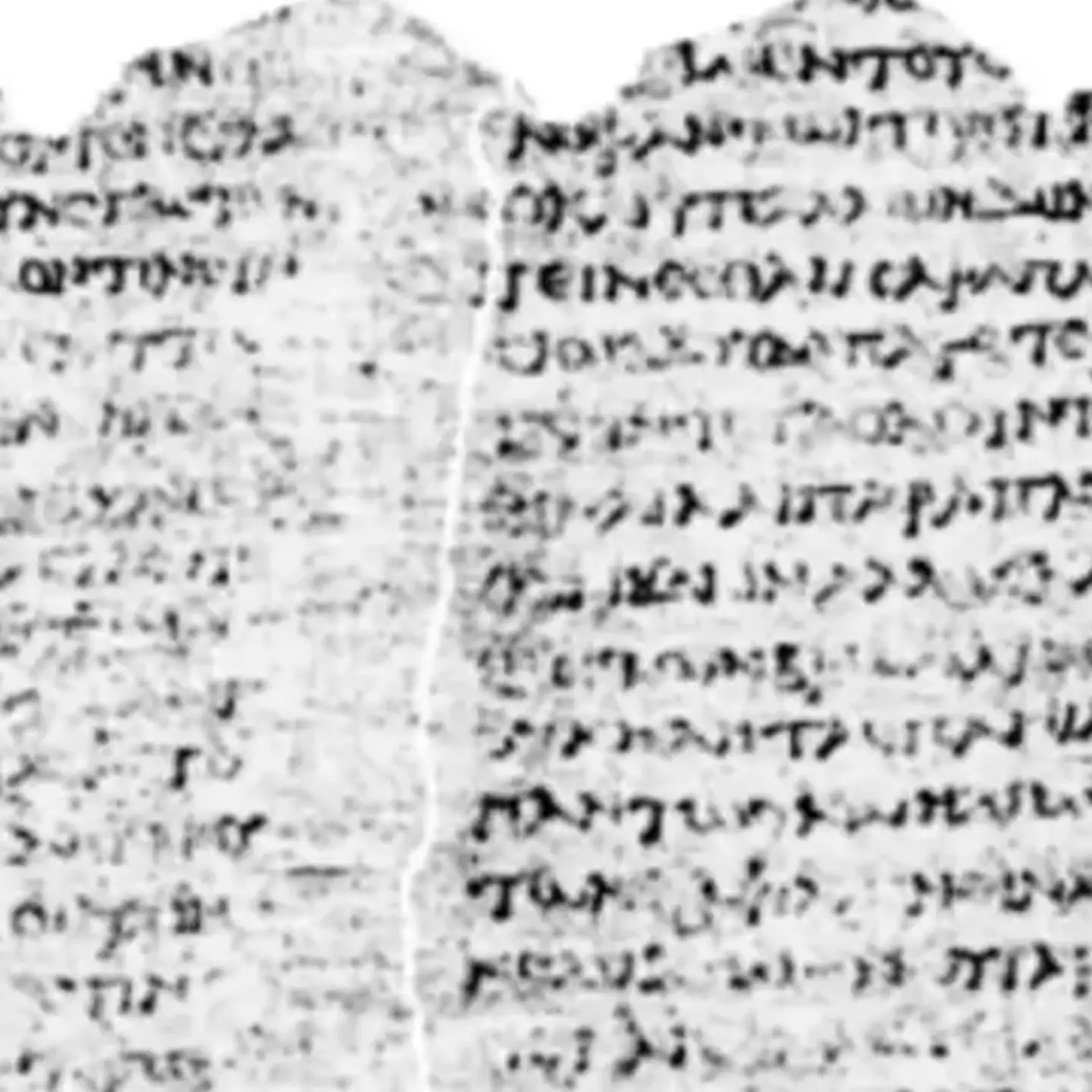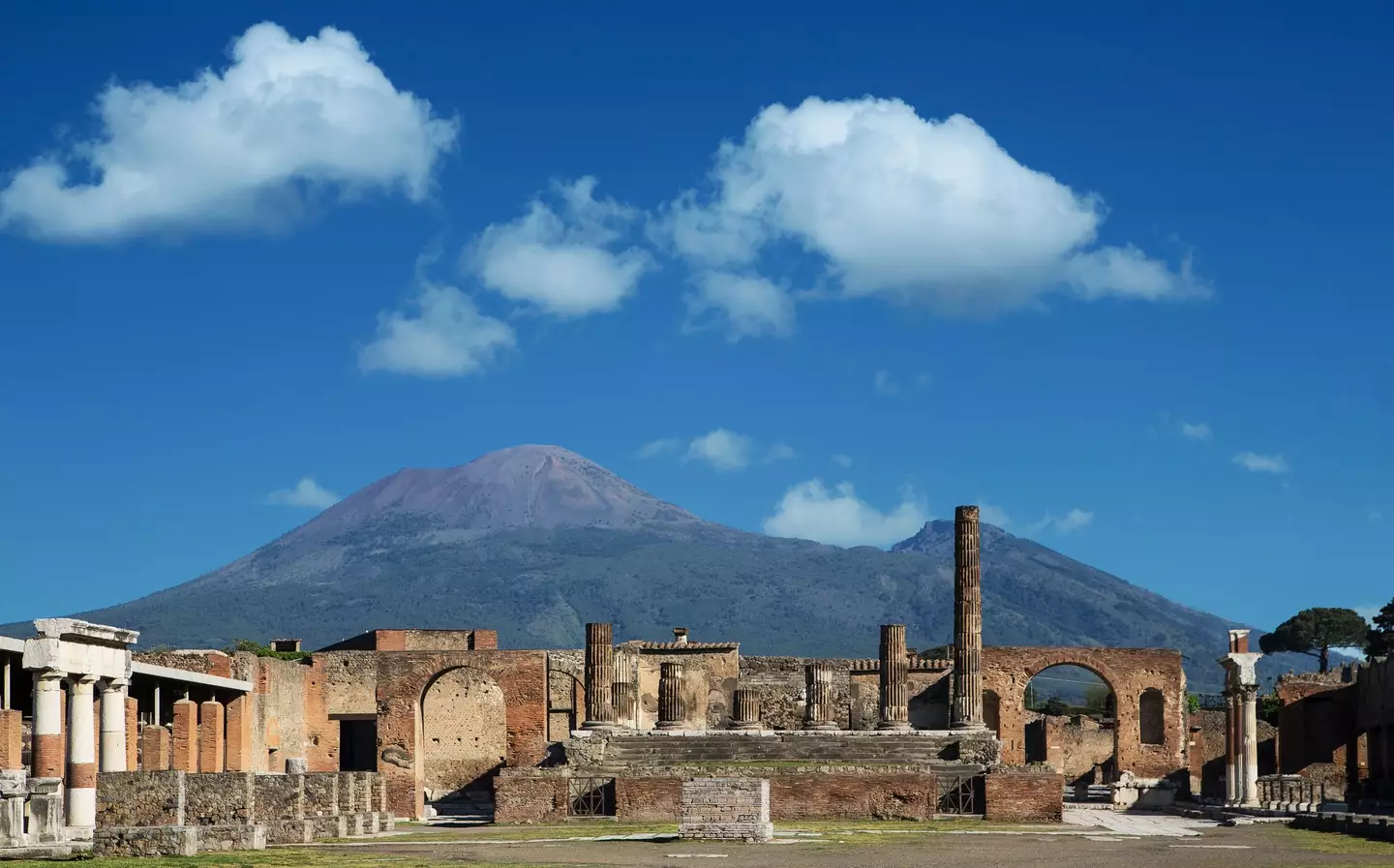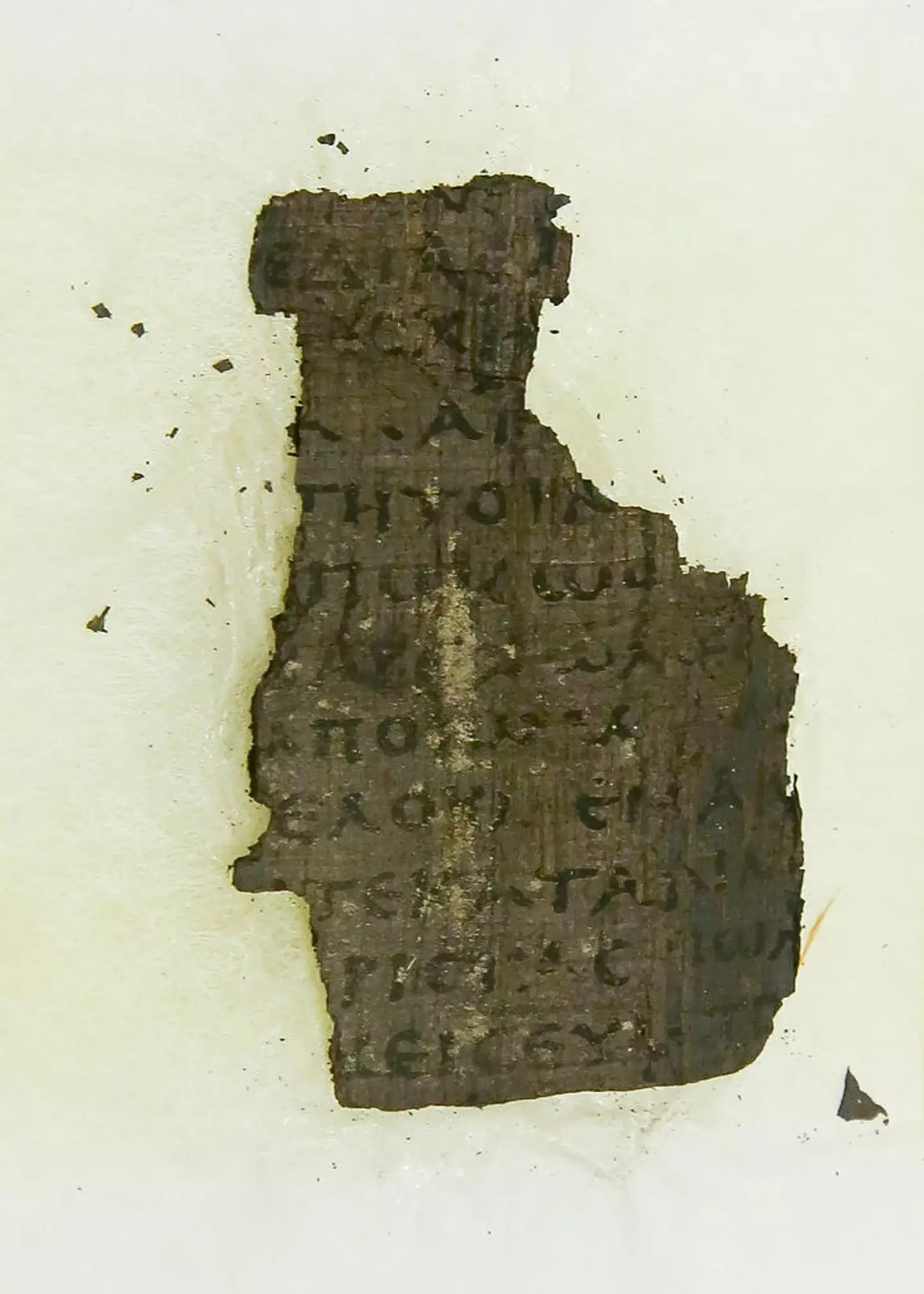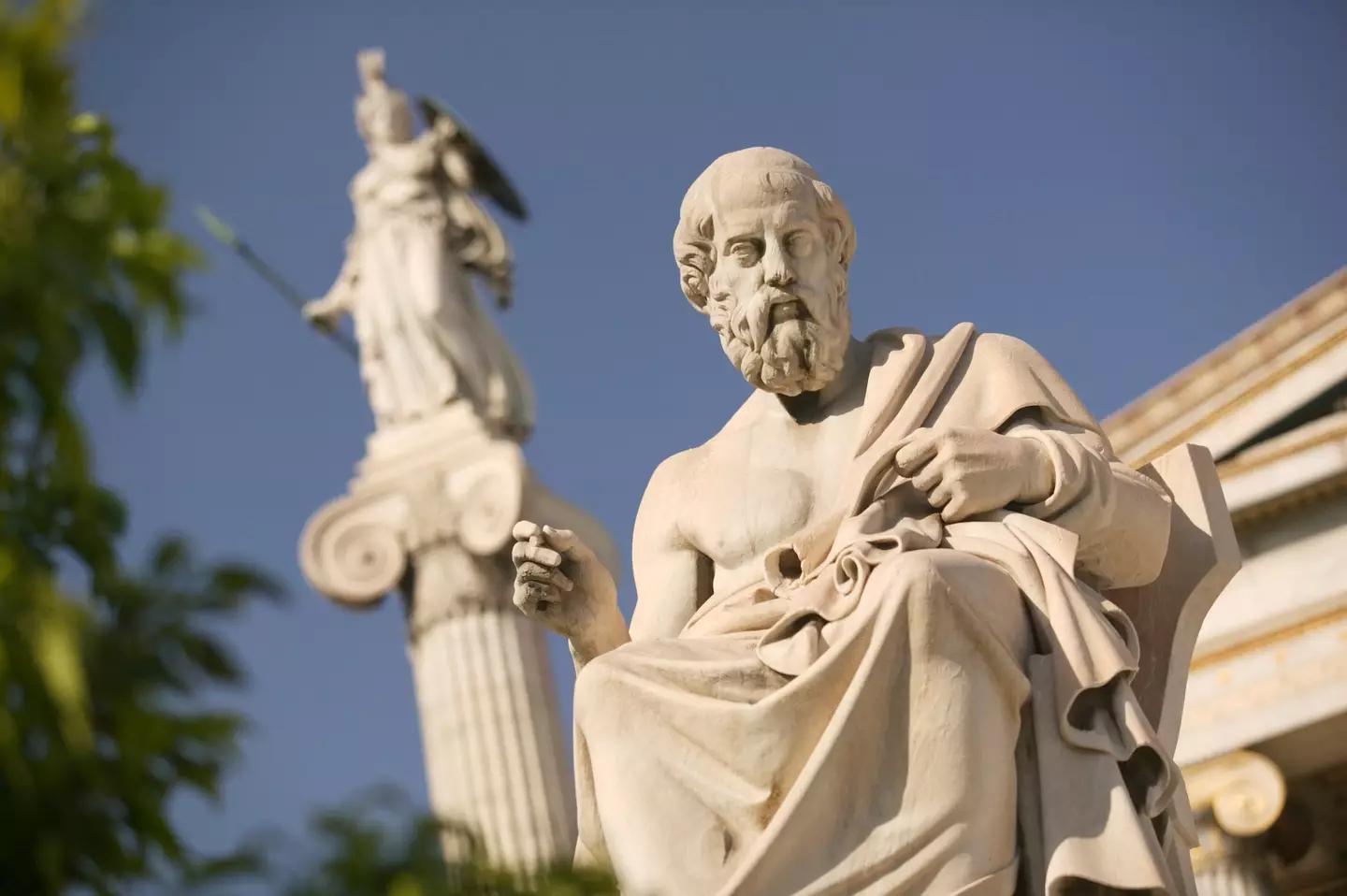
Nearly 2,000 years ago, Mount Vesuvius erupted on the shores of the Mediterranean, killing thousands and sending shockwaves throughout the Roman Empire.
The massive eruption buried the towns of Pompeii and Herculaneum in layers of ash and rubble.
Pompeii became frozen in time, and is now a famous destination that gives tourists and archeologists a fascinating insight into the lives of ordinary Romans.
Nearby Herculaneum met a similar fate.
Advert
In 1752, hundreds of tightly bound scrolls were unearthed, that have now finally been deciphered thanks to AI.

They made up the library of a luxury villa that researchers speculate belonged to Julius Ceaser’s father-in-law.
Badly burnt and turned almost to charcoal by the eruption, the scrolls were too delicate and damaged to unroll.
In 2023, the Vesuvius Challenge was launched to with a top prize of $700,000 for the first researchers able to work out part of the scrolls’ text.
And in only a year, three young students have achieved what researchers have been trying and failing to do for 272 years.
The incredible work was completed by Luke Farritor, a student at the University of Nebraska-Lincoln and former SpaceX intern, Youssef Nader, an Egyptian PhD student based in Berlin, and Julian Schilliger, a Swiss robotics student.

“It’s been an incredibly rewarding journey,” said Youssef, speaking to The Guardian. “The adrenaline rush is what kept us going. It was insane. It meant working 20-something hours a day. I didn’t know when one day ended and the next day started.”
Using cutting-edge AI, the trio were able to go well beyond the competition’s requirements and have deciphered hundreds of words.
This makes them the first people to read the scrolls in nearly 2,000 years.
The work built upon the effort of Professor Brent Seales, who in 2009 used CT scanning to look inside the scrolls without actually touching them, allowing researches to virtually ‘unwrap’ them.
AI was then used on the scans to work out the shapes of the letters.
So what do the scrolls actually say?

Some of the first passages unearthed contain the writings of a philosopher, who discusses what causes things to be pleasurable.
Believed to be by a writer called Philodemus, one passage reads “In the case of food, we do not right away believe things that are scarce to be absolutely more pleasant than those which are abundant,” as reported by The Guardian.
Further investigations into the scrolls by Italian researchers have revealed passages about Plato’s last moments.
On his deathbed, the Greek philosopher listened to a slave girl play the flute, and criticised her for playing out of time.
Only a fraction of the scrolls have been deciphered so far with research ongoing.
